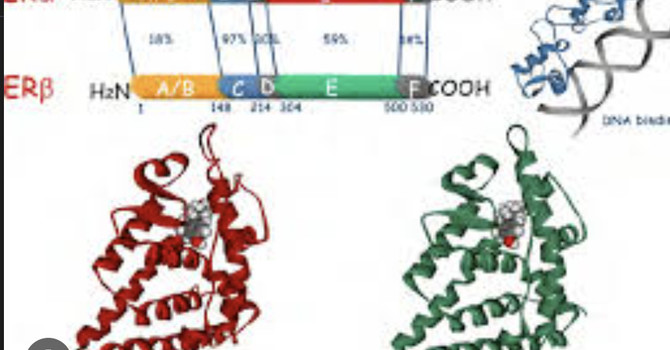
In the realm of women's health, one hormone often takes a back seat to its more famous counterpart, estrogen. That hormone is testosterone. Surprisingly, testosterone is more abundant in women than estrogen, yet it often doesn't receive the attention it deserves in contemporary medicine. In this blog, we will delve into the world of testosterone, shedding light on its numerous benefits, its production in women, the consequences of having too little of it, and the crucial role of replacement therapy.
Understanding Testosterone
Production of Testosterone in Women: Testosterone isn't exclusive to men; it's an essential hormone in women too. It is primarily produced in the ovaries and adrenal glands, with smaller amounts generated in various tissues throughout the body. Women of all ages, including those approaching menopause, rely on testosterone for vital bodily functions.
The Benefits of Optimal Testosterone Levels:
- Mood: Adequate testosterone levels play a pivotal role in stabilizing mood and preventing mood swings. It contributes to an overall sense of well-being and mental balance.
- Libido: Testosterone is often referred to as the "desire hormone" for good reason. It enhances sexual desire and arousal, improving overall sexual satisfaction.
- Energy: This hormone provides an energy boost, combating fatigue and lethargy. It helps women stay active and engaged in their daily lives.
- Bone Health: Testosterone contributes to maintaining strong and healthy bones, reducing the risk of osteoporosis.
- Heart Health: Optimal testosterone levels support cardiovascular health, potentially reducing the risk of heart disease.
- Brain Health: Testosterone helps protect the brain from age-related changes, which may be linked to a reduced risk of conditions like Alzheimer's disease.
- Breast Health: It plays a role in breast tissue health and may have a protective effect against breast cancer.
- Skin Health: Testosterone can improve skin texture, reducing the appearance of wrinkles and promoting a youthful complexion.
- Muscle Growth and Fat Prevention: Testosterone aids in building and maintaining lean muscle mass while helping to control body fat levels.
- Mental Acuity: It enhances cognitive function, including memory and mental clarity.
- Vulva and Vaginal Health: Testosterone contributes to the health and integrity of vulvar and vaginal tissues, ensuring comfort and well-being.
The Consequences of Testosterone Deficiency
Insufficient testosterone levels in women can lead to a range of health issues and symptoms. These may include:
- Low Libido: Reduced interest in sexual activity and decreased sexual satisfaction.
- Fatigue: A lack of energy and increased feelings of tiredness.
- Mood Changes: Mood swings, irritability, and even symptoms of depression.
- Bone Loss: An increased risk of osteoporosis and fractures.
- Cognitive Decline: Potential cognitive impairments and a higher risk of age-related brain disorders.
- Vulvovaginal Atrophy: Thinning and dryness of vulvar and vaginal tissues, leading to discomfort and pain during intercourse.
While conventional medicine often overlooks the importance of testosterone replacement therapy in women, I acknowledge and understand its broader health benefits, including mood enhancement, increased energy, improved bone health, and enhanced heart health. My personalized approach goes beyond conventional practices, offering a more holistic perspective on women's health.
Dr. Anat Sapan MD specializes in menopause care offering telemedicine services in California, Florida and Illinois. Her approach combines personalized BHRT with lifestyle strategies to help women overcome menopausal symptoms and enhance their quality of life.

Anat Sapan, MD
Contact Me



